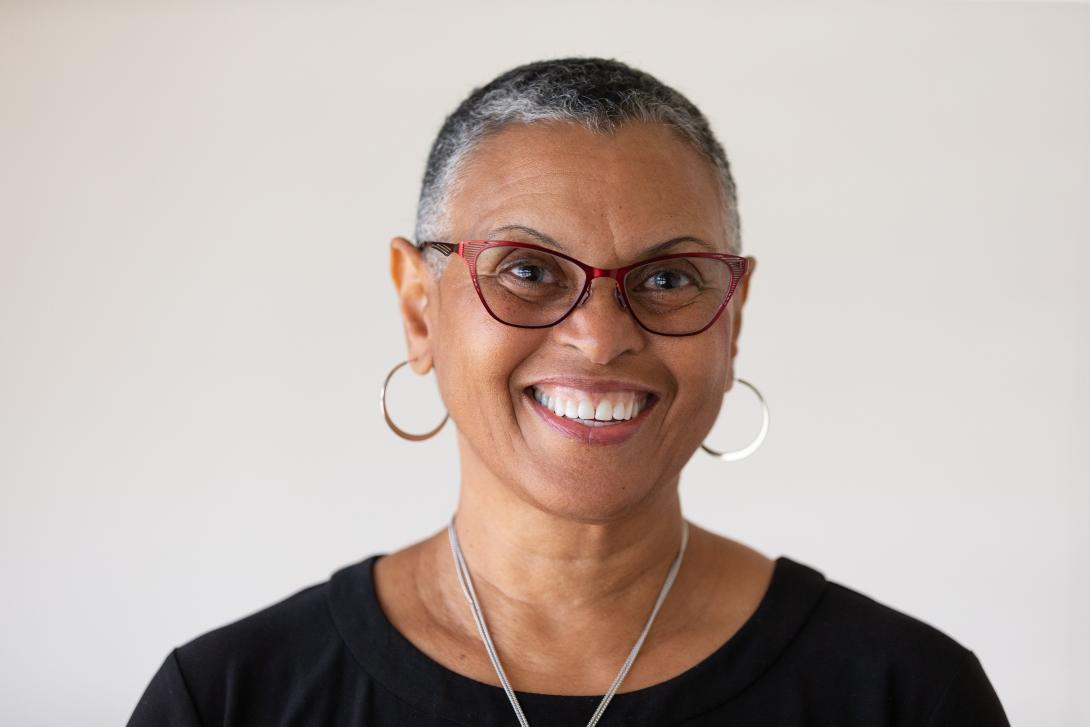
New Study Reveals Number of Unpaid Caregivers in America Grew by 9.5 Million in Five Years to Total 53 Million
Caregiving isn’t just about Boomers anymore. A new study from the National Alliance for Caregiving and AARP finds that caregiving now spans four generations, and that the number of family caregivers increased by 9.5 million from 2015 to 2020. Now more than one in five of us is a family caregiver.
Caregiving the U.S. 2020 shows that the profile of the family caregiver is changing. While caregiving spans all generations, the study found more young people providing care, including 6% who are Gen Z and 23% who are Millennials.
Hispanics are the youngest group caring for an adult, with a mean age of 43.3 years old, and account for about 17% of all family caregivers. (The Spanish language version of the study is available here.)
“At AARP we know the value unpaid family members, neighbors and friends who are the backbone of our nation’s caregiving system,” said AARP Oregon State Director, Ruby Haughton-Pitts. “Without them our systems would collapse.” As the demand for caregiving rises with an aging population, more must be done to support this vital work, she said.
AARP research also finds that most older adults want to stay in their own homes as they age. The services provided by family caregivers allow more older adults to live at home with dignity and choice. These services can include simple things like cooking, shopping or picking up prescriptions to more intense work including medical management, bathing and other needs.
Caregiving in the U.S. 2020 also found that:
- Caregivers face health challenges of their own: nearly a quarter (23%) of all caregivers find it hard to take care of their own health, and 23% say caregiving has made their health worse.
- On average, caregivers spend 23.7 hours a week providing care, with one in three (32%) providing care for 21 hours or more, and one in five (21%) providing care for 41+ hours — the equivalent of a full-time unpaid job.
Caregiving in the U.S. 2020 was conducted by Greenwald & Associates using a nationally representative, probability-based online panel. More than 1,400 caregivers who were age 18 or older participated in the survey in 2019. First conducted in 1997, with follow up surveys in 2004, 2009 and 2015, the Caregiving in the U.S. studies are one of the most comprehensive resources describing the American caregiver. The 2020 study was funded by AARP, Best Buy Health Inc. d/b/a Great Call, EMD Serono Inc., Home Instead Senior Care®, The Gordon and Betty Moore Foundation, The John A. Hartford Foundation, TechWerks, Transamerica Institute, and UnitedHealthcare.